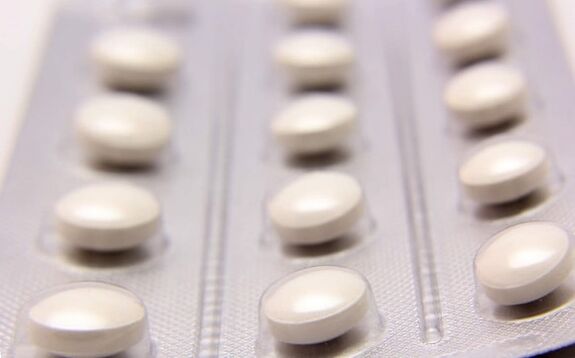
In life there are often situations when we have to take antibiotics and at the same time are invited to some kind of celebration. Therefore, the question of whether it is possible to drink alcohol while taking antibiotics is particularly acute in such cases. In the following, we will provide you with comprehensive information on this topic.
In a number of cases of bacterial and, less often, fungal infections, treatment with antibacterial drugs is prescribed. It is important to remember that antibiotic treatment should never be interrupted. The duration may vary (from 3-7 days or more) depending on the type of illness and its severity. The thought that it is necessary to "get out" of the festive life and not accept invitations to dinner scares many. But in practice everything is not that scary.
If you competently approach this problem from a medical point of view, you can attend festivals with relatives and undergo antibiotic treatment.
The golden rule: always drink in moderation.
Of course, under certain conditions described below, you can combine alcohol with antibiotics. However, when prescribing antibiotics, you need to be careful not to overload your body with excess alcohol. Either way, ethanol will invade you and all of your defenses will be thrown into battle against it. And in the case of persistent illness, for example, these forces may be the last. Immunity will be weakened even more, and recovery will be postponed into the limitless future. And described in some casesunder, even death is possible.
Myths about antibiotic and alcohol tolerance
Immediately after World War II, terrifying stories began to spread that it is categorically impossible to combine antibacterial drugs and alcohol. Back then, the venereal disease clinics were just overcrowded with soldiers and officers who endured all the hardships of military life on their shoulders.
Doctors then categorically forbade their patients to consume alcohol during antibiotic therapy, not because of the damage to health caused by the mixing, but for a very banal reason - a soldier could "go all out" after drinking a glass and get a new onepick up genital infection.
According to another version, the ban was born due to the high cost of labor when taking penicillin, oddly enough, it was evaporated from the urine of the treated military personnel. In order to obtain a medically pure drug, they were therefore forbidden to drink beer during the entire treatment period.
Since then, the theory about the dangers of mixing alcohol with antibiotics has become popular among the population, and many still believe that they cannot be combined. But what is the opinion on this topic of evidence-based medicine?
Research facts
It is known that a number of studies were conducted into the effects of ethanol on various types of antibacterial drugs in the late 20th and early 21st centuries. The experiments were carried out on laboratory animals as well as on human volunteers. The results clearly showed that most antibiotics are unaffected by alcohol consumption.
All the antibiotics examined were effective in both the control and the test group; no global deviations in the physico-chemical reactions (drug distribution in the body, mechanisms of uptake and excretion of decay products) were found.
However, there is a hypothesis that alcohol increases the negative effects antibacterial drugs have on the liver. However, in the scientific medical literature, cases describing such situations are quite rare (up to 10 cases per 100, 000) and no specific studies have been carried out in this area.
There are antibiotics that are incompatible with alcohol
There are some types of antibacterial drugs that interact with alcohol and cause very unpleasant symptoms - called disulfiram-like reactions in medical practice.
This reaction occurs during the chemical interaction of ethanol and some specific antibiotic molecules, as a result of which the metabolism of ethyl alcohol in the body changes and an accumulation of acetaldehyde is observed.
Signs of acetaldehyde poisoning:
- Vomiting, nausea.
- Strong headache.
- Cramps in the arms and legs.
- Increased pulse.
- Heavy intermittent breathing.
- Fever and redness in the chest, face and neck.
In such cases a fatal outcome is possible if high doses of alcohol are taken!
All of the above symptoms are very difficult for a person, so a disulfiram-like reaction (called "coding") is used in many medical clinics when treating alcoholism.


























